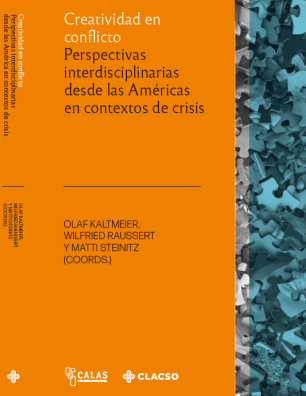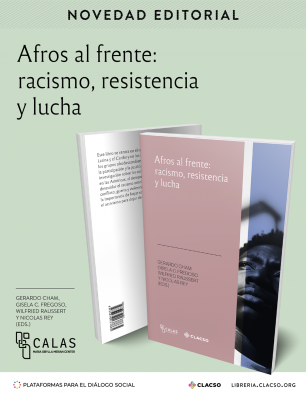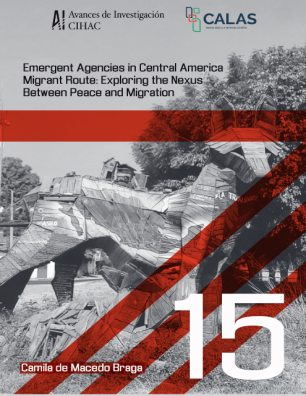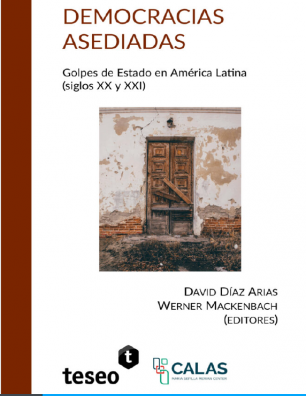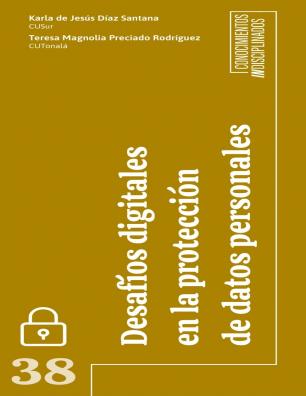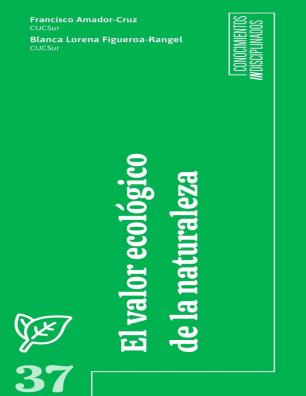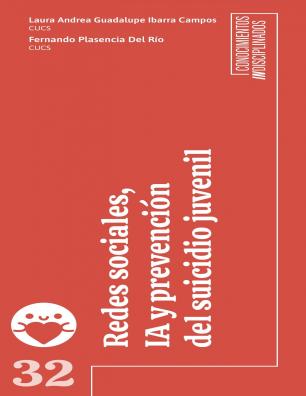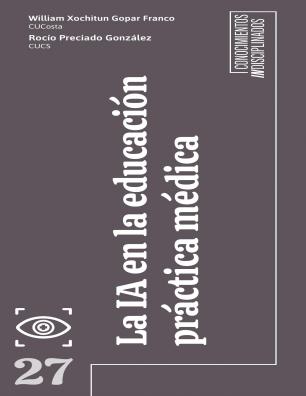Publications
Creatividad en conflicto. Perspectivas interdisciplinarias desde las Américas en contextos de crisis
Este volumen editado se propone explorar el papel de la creatividad como concepto analítico y como factor clave para las transformaciones sociales y culturales que han marcado diversos contextos de crisis en las Américas. Desde perspectivas múltiples como los estudios culturales, la historia, la sociología, la antropología social, los estudios de género y los estudios de los medios de comunicación, los artículos de este volumen se acercan a diferentes dimensiones de la creatividad como impulsora de importantes cambios sociales y culturales.
Afros al frente. Racismo, resistencia y lucha
Este libro se centra en el racismo y la resistencia en América Latina y el Caribe y en los movimientos sociales y culturales de los grupos afrodescendientes en su lucha por el reconocimiento, la participación y la justicia. Busca dar un nuevo impulso a la investigación sobre las culturas y movimientos afrodescendientes en las Américas, al tiempo que subraya la urgencia de no descuidar el racismo omnipresente en nuestros tiempos de conflicto, guerra y violencia.
Emergent Agencies in Central America Migrant Route: Exploring the Nexus Between Peace and Migration
On January 14, 2020, a new Central American Caravan left San Pedro Sula: the first of that year. Although the COVID-19 pandemic was only starting, these caravans would continue. By March 2021, an unprecedented number of Central American migrants were located on the border with the United States. In complex humanitarian emergencies such as this, not only the causes and effects are multiple, but so are the ways in which States and societies respond to them. By observing these responses, we established the link between peace, violence, and migration in three ways.
Democracias asediadas. Golpes de Estado en América Latina (siglos XX y XXI)
Mientras que el siglo XIX y, especialmente, el siglo XX en Europa pueden ser interpretados como una era de grandes guerras interestatales, suscitadas entre los Estados nación de ese continente,1 los doscientos años de vida independiente de los Estados nación latinoamericanos, y particularmente el siglo XX, se caracterizan por la sucesión de conflictos intraestatales: guerras civiles, guerrillas, golpes de Estado y gobiernos dictatoriales-militares.
El privilegio en juego Clase, raza, género y golf en México
¿Por qué el golf es un deporte que se asocia popularmente con la riqueza? ¿Por qué lo practican los sectores ricos de México? ¿Qué lo distingue de otras prácticas deportivas? ¿Siempre se relacionó el golf con las clases altas o es esto una tendencia reciente? La exclusividad atribuida al golf lo convierte en un foro estratégico en el cual se puede analizar la confluencia de intereses de la clase alta, narrativas racializadas y relaciones desiguales de género dentro de múltiples contextos geográficos e históricos.
Luchas por la hegemonía: proyecto emancipatorio y Constitución en Chile
El presente libro tiene su origen en el encuentro internacional La Nueva Constitución de Chile: una experiencia transformadora para los pueblos del mundo. Su propósito es repensar y reevaluar el proceso constituyente chileno y, específicamente, el proceso de elaboración de la nueva Constitución a través de la Convención Constitucional y su fallida consumación, con sus fortalezas y debilidades, abordando tres grandes ejes: Movimientos sociales y políticos.
Alfabetización energética contra el cambio climático
El cambio climático se ha convertido en un punto de referencia para que las personas profundicen y adquieran conocimiento sobre la urgencia ambiental global y la situación actual. La alfabetización energética es una herramienta útil para sensibilizar a los ciudadanos en los ámbitos cognitivo, afectivo y conductual buscando que sean capaces de tomar decisiones informadas en materia de energía sostenible.
Desafíos digitales en la protección de datos personales
Las tecnologías de la información han facilitado el desarrollo de las actividades cotidianas, y si bien este adelanto se hace visible durante la segunda mitad del siglo XX, esto ha quedado demostrado desde el inicio de la pandemia por covid-19 en el año 2020, cuando por motivo de la contingencia sanitaria se tuvieron que buscar mecanismos para evitar los contagios, y a su vez, continuar con las actividades diarias. Por esta razón, diversas empresas implementaron el trabajo en casa como medida de no pausar actividades y evitar contagios entre su personal.
El valor ecológico de la naturaleza
¿Cómo se determina el valor de la naturaleza? Dar respuesta a esta pregunta implica cuestionarnos otras cosas, como: ¿la naturaleza es valiosa económicamente?, ¿tiene valor por el principio moral de la sociedad?, ¿su valor está asociado al uso que le damos? En este sentido se han definido tres tipos de valores de la naturaleza: instrumental, intrínseco y relacional.
Bioimpresión 3D de órganos y tejidos
Uno de los avances científicos más innovadores en la actualidad es la biompresión, y es que esta tecnología novedosa consiste en fabricar estructuras tridimensionales combinando células y biomateriales. Prótesis humanas pueden ser impresas, o una nariz, o un brazo hecho a la medida, pero quizá, lo más impactante sea crear tejidos u órganos y que puedan trasplantarse en seres humanos.
Gingivitis durante el embarazo
Esta enfermedad es uno de los principales problemas bucodentales que se presentan durante el embarazo, se caracteriza por el enrojecimiento y sangrado de las encías, entre otros síntomas. Generalmente este problema es favorecido por los cambios hormonales que suceden en el organismo de la mujer a partir del segundo trimestre de gestación.
Afectaciones de la edificación sobre el suelo
Para darnos cuenta de la magnitud del desarrollo de zonas habitadas y cubiertas de infraestructura de acero y concreto a expensas de áreas con recursos naturales no se requiere ir a buscarlas, se pueden tomar ejemplos a la vuelta de la esquina en el lugar donde se vive.
El cáncer de mama: identificarlo desde el ADN
El cáncer de mama es la primera causa de muerte en mujeres mexicanas, principalmente se presenta durante la cuarta y sexta década de vida de las afectadas, sin importar el nivel socioeconómico de estas. En México, la tasa de mortalidad muestra un incremento durante los últimos cincuenta años: entre 1955 y 1960, la tasa era de alrededor de 2 a 4 muertes por cada 100 000 mujeres, a mediadios de la década de 1990 la tasa fue de 9 de cada 100 000, desde entonces no se ha modificado.
Redes sociales, IA y prevención del suicidio juvenil
Históricamente, se ha creado un estigma en torno a la salud mental y, sobre todo, alrededor del suicidio, por lo que muchas de las personas que presentan pensamientos o ideas encaminadas a cometer suicidio no saben con quién hablar del tema. Por ello, es importante saber que comunicarse abiertamente puede darles a las personas alternativas o tiempo para meditar su decisión y no promueve el comportamiento o la ideación suicida como se cree.
Un futuro para los residuos mineros
El estado de Jalisco cuenta con una zona rica en minas de ópalo de fuego, el cual se extrae con la intención de convertirlo en piezas de artesanía y en gemas para joyería que, en muchas culturas, sobre todo en las asiáticas, representa un amuleto de buena suerte. Sin embargo, para encontrar piezas de alta calidad se recurre a la constante explotación de las minas por la escasez de este, lo cual genera toneladas de desperdicio mineral en forma de material descartado durante el proceso de extracción y procesamiento del ópalo.
Alimentación, estilos de vida y buena salud
El modelo de desarrollo económico-alimentario dominante se fundamenta en la búsqueda del crecimiento económico desmedido, lo que propicia la adopción de estilos de vida basados en la explotación y el consumo de los recursos naturales y, a su vez, ha ocasionado la degradación del medio ambiente. En este sentido, la producción, distribución y el consumo de alimentos se ha transformado, desde la agricultura tradicional a la producción a gran escala de alimentos, con la justificación de atender las necesidades de la sociedad contemporánea.
Proyectos arquitectónicos para las mujeres víctimas de violencia
La arquitectura es un ente vivo y cambiante en su definición, existe una amplia colección comentada a través de la historia entre los arquitectos y personas externas a la profesión. Su polisemia se debe a las dinámicas sociales que nteractúan en épocas y contextos múltiples, pero la mayoría concuerda que es la acción de diseñar, proyectar y construir las edificaciones en las que habita el ser humano.
¿Qué son los minicerebros?
El cerebro es un órgano muy complejo y misterioso que ha cautivado a lo largo de la historia. Nuestro cerebro es tan delicado y especializado que necesita estar protegido por el cráneo, lo que hace difícil estudiarlo. Es por esto que, para aprender sobre él, se ha intentado abordar desde distintos enfoques y representaciones: cerebros humanos y de otras especies, cultivos de células en dos y tres dimensiones (estos últimos, como los organoides).
La IA en la educación y práctica médica
Los educadores se preguntan sobre el impacto de la Inteligencia Artificial (IA) en la educación médica y la adquisición de habilidades fundamentales para el desarrollo de la praxis. Pero también advierten del peligro de la dependencia de estas tecnologías. Aun así, la IA puede ser un útil aliado hacia modelos de atención personalizada
Breves notas acerca del ruido
Actualmente, existen una gran variedad de contaminantes por el creciente desarrollo energético, industrialy urbano y la falta de planeación ambiental. De acuerdo a la Organización Mundial de la Salud, el ruido es uno
de los contaminantes más comunes y que tiene mayores efectos en la salud.


